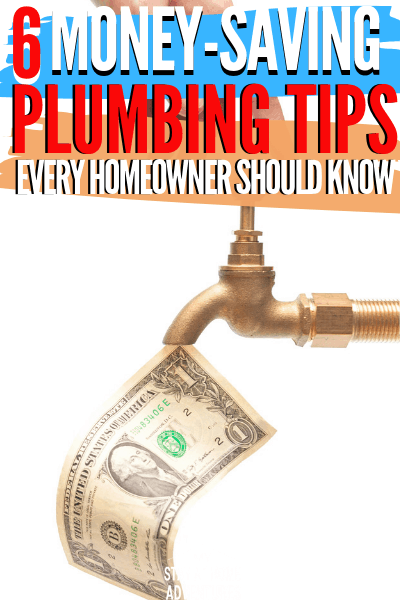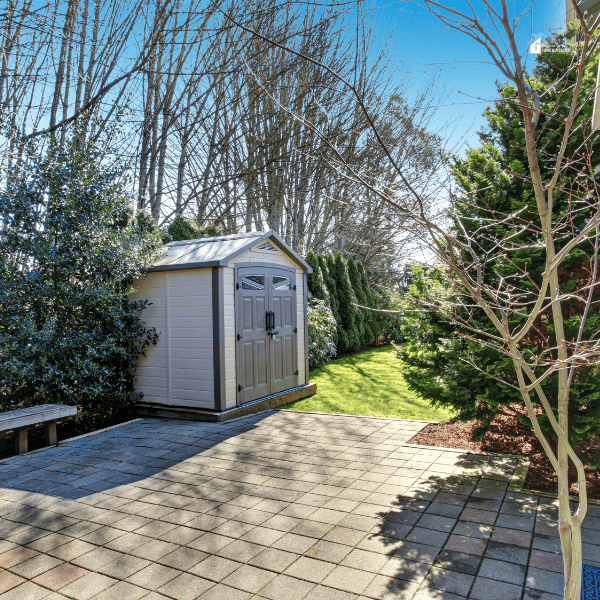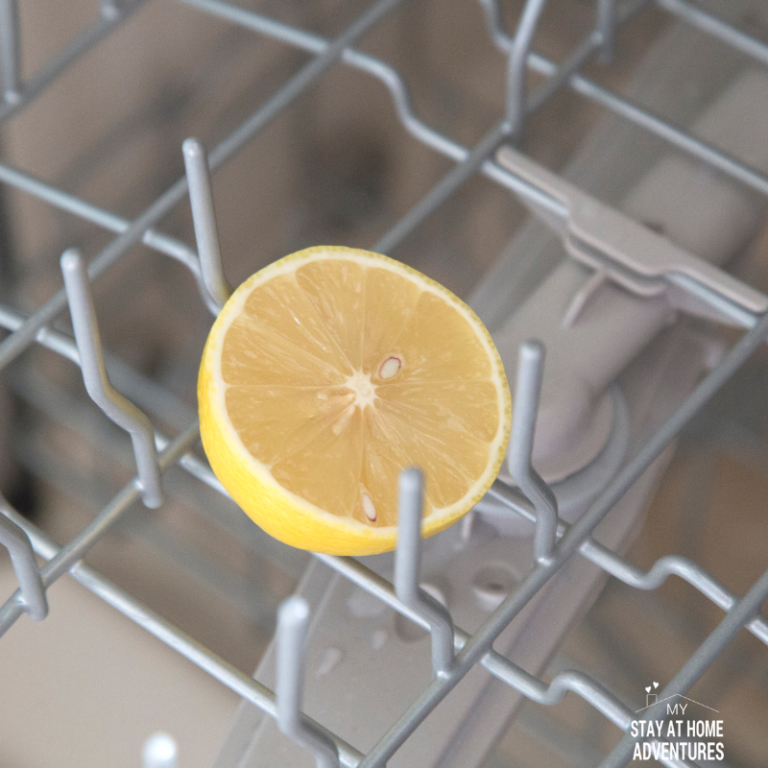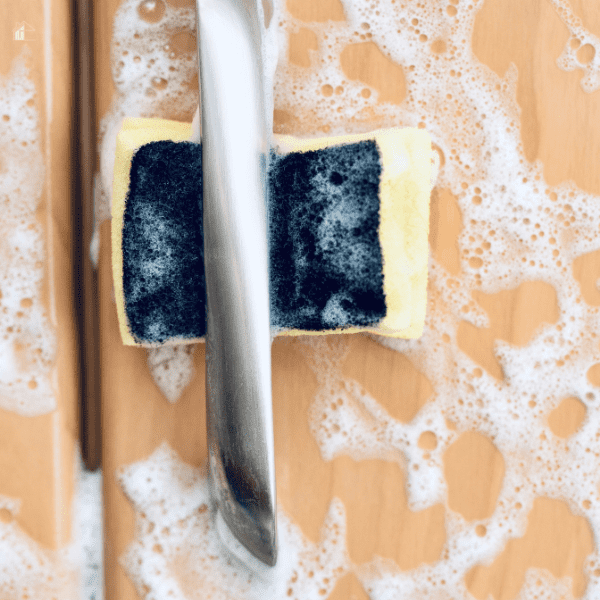6 Plumbing Tips To Help You Save Money
This post may contain affiliate links which might earn us money. Please read my Disclosure and Privacy policies hereI’m sure people ask how to save money on plumbing when an issue arises. But what If I told you there many home plumbing tips you can do right now that will help you save money.
Let’s begin.
If you are planning to make a few upgrades or inspections in your home, don't forget to include these best plumbing tips below.
There could be small leaks or a malfunctioning appliance that is wracking up on water bill that you might not be aware of.
These problems can also lead to more serious ones. Repairing a leaking pipe or inefficient hot water tank is relatively small compared to the damage when the problem is left unattended.
Not only that, having to call for professionals to do the repair is going to be costly. Below are some quick and easy tips to keep your plumbing efficient and running smoothly.

Plumbing Tips That Can Help You Save Money
1. Looks for leaks
When it comes to saving money on plumbing, the first thing is to look for leaks in your home. Leaks can produce extensive water damage to your property not just in the plumbing system but also in other areas.
Leaks can cause mold infestation to proliferate. It can cause damage to wood and on the floor.
Moisture and mildew can cause the paint to peel. Leaks are also one major sign that you need to replace your pipe. If left unattended, the weakened pipe can burst to result in more damage.
Most leaks take place on fittings so check your faucets, toilets, and showerheads for any signs leaks. Replace those that don't hold water and are constantly dripping.
Also, check places in the house where you don't usually frequent. So basements, under the sinks, cupboards, laundry room are common places that leaks occur.
If you found the source of the leak early enough, in most cases tightening the pipe or replacing the seal usually solves the problem. If the leak is due to the pipe being corroded, you might have to replace that segment by yourself or seek professional help if the damage is quite extensive.
2. Change your water heater
Another way you can save money on plumbing, or at least save money in the long run, is by updating your hot water tank if it is more than 10 years old.
Older models are quite inefficient when it comes to energy, whether because of the technology of that time or due to deterioration. In any case, newer models are far superior at saving energy by the innovative technology that manufacturers use to make them more efficient.
You may also consider going with an on-demand water heater. This can save you a lot of money on your utility bill every year.
Hot water tank heat and store warm water which wastes energy. Eventually, that stored warm water will cool and the entire tank will need to be heated once again.
If you are quite hesitant to replace a perfectly running water, then consider draining it every six months to get rid of impurities that cause it to become inefficient.
Related posts:
- Pest Control: What You Need To know
- In Home Daycare (How to Start)
- Stay or Go (When to Move When to Stay)
3. Clean your drains
Most homes owners only take action when their drains become clogged, or water goes down slower than usual.
At this point, enough blockage has already accumulated inside the pipe that it will have to be taken apart and cleared manually.
You can avoid this issue by following a maintenance schedule for all your drains at home.
Preventing clogs doesn't have to mean buying tub full of industrial chemicals; regular household materials and ingredients can be used.
For example, one cup of baking soda down your drain followed by an equal parts vinegar will keep your drain clean and working well.
4. Consider low flow shower
Most common showerheads available offer a very satisfying shower but uses a lot of water. There are also other models that don't offer both, being both inefficient as well as unsatisfying.
In this case, you might want to consider using a low flow showerhead. Most models of these shower head enable you to save as much as 40% on water consumption. This is not only good for the environment but can save you a ton of money on your water bill annually.
The common misconception on low flow showerheads is that they are low pressure and a shower that is lower in quality. This might be true to older models but newer ones use small apertures and mixing water with air to create strong water pressure for a pleasant shower experience.
5. Install/build a rain capture system
One way you can save money is by installing a rain capture in your downspouts instead of directing the water down the drain.
It is said that around 500 gallons of water can be collected in an inch of rain from 1000 square foot of roof.
That's a lot of water that's wasted in most homes, especially in areas where rain is common.
A good way to make use of this water and to save on your water bill is by collecting this water and using it for watering your garden, washing your car, it can even be used for bathing or for doing laundry.
Building a rain capture system isn't too complicated if you know a little bit of construction and have the basic tools.
You can use a barrel you can find in any hardware store and redirect the downspout into it. There are tons of video tutorial and blogs on ways to do this. A rain capture barrel is also a good way to make sure you keep your downspouts clog-free.
Make sure the barrel has a lid that you can cover it with to prevent debris from collecting. You can have one or even multiple of these in each downspout.
6. Have tools on hand
A good way to save money on plumbing is to do some of the repairs yourself. The internet is a great source of many home DIY repairs so you can use that as a guide.
Another thing is to keep plumbing tools handy. These tools can be found in most hardware stores and will cost you less than a hundred dollars in total but will save you money down the line by doing the repairs yourself.
Common plumbing tools include the pipe wrench, adjustable spanner, pipe cutters, and slip-joint pliers.
Author Bio:
Sarah Brooks is a passionate blogger who loves to share tips on home improvement, home renovation, and restoration. She is currently working with heatingprinciplesltd.co.uk, one of the leading companies, which offers exceptional services in Plumbing and Heating in London.







One Comment